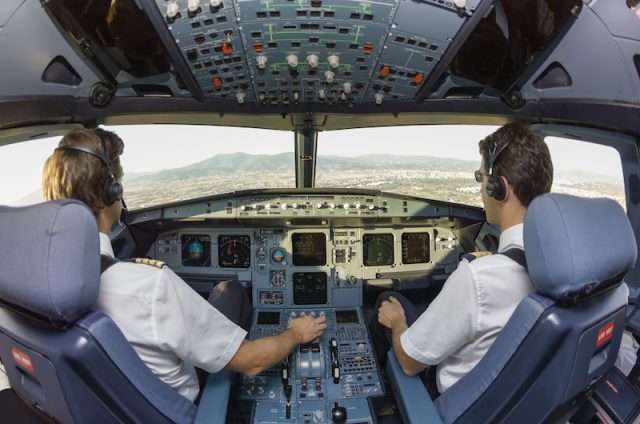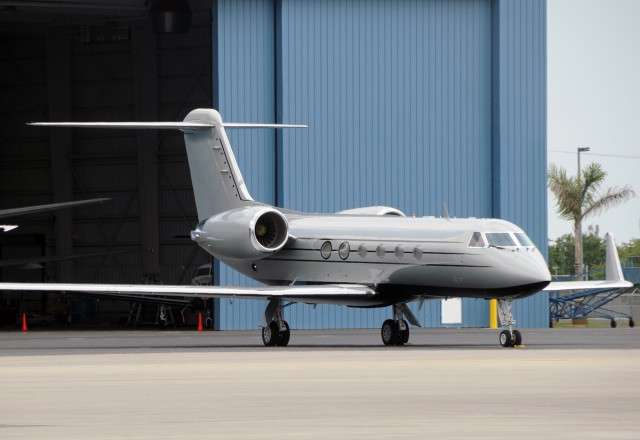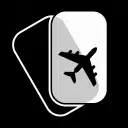How Safe Are Private Jets? (Through Air Charter Flight Services)
As a professional aviation company, as baseball fans, and as Floridians, it was heartbreaking to hear about the private plane crash in the Gulf of Mexico that took the life of all-star pitcher Roy Halladay last week. At times like this, even people who fly on private jets regularly can wonder, how safe are private jets anyway? Something that’s important to distinguish here is that Halladay was piloting the plane himself, but in the context of private and professional aviation (outside what we might call ‘small planes’), reputable private jet brokers take a handful of critical steps to help ensure you land safely at your destination long before the plane takes off.
How Safe Are Private Jets? 4 Ways Brokers Ensure Your Private Jets Are Safe
1. The best jet charter brokers use their expertise to recommend safe aircraft for the mission.
So much more goes into finding the right plane for a trip than simply finding a plane for a trip. We want to know more than just dates and destinations. As jet charter brokers with more than 10 years of experience, we take the time to ‘analyze’ the mission first. That means in addition to availability and a client’s personal needs for seating and cabin space, we’re considering factors such as:
- Altitude
- Weather conditions
- Runway length
This brings us to our next point.
2. Good brokers focus on safety over price, and urge you to do the same.
Since we’re evaluating all the potential risks and hazards and putting your safety as a priority, we’re recommending the safest aircraft for the trip. That’s not always the cheapest, and we’re glad for that. When you’re making a buying decision, support the aircraft recommendation that expands your margin of safety the most—for the price. We tell clients to look at aircraft charter as a value quotient rather than as a commodity. We’re obsessed with your safety, and if you choose that kind of broker, you’re much more apt to be in safe hands. Focusing on a lower price puts you at risk of being in the hands of unsafe operators and/or unsafe aircraft. Find out why in our post Private Jet Charter Safety: Why Not to Book on Price Alone.
3. Brokers can (and should) audit vendors & crews
Vendors
Some jet charter brokers go a step further when it comes to auditing the operators and people behind the private planes we’re sending our client toward. At Stratos, we have what we call a Vendor Approval Program. It’s our own, in-house pre-screening of aircraft operator partners. Only operators who meet the highest standards are included. That means they:
- Are complying with Part 135 of the Federal Aviation Regulations
- Have a long track record of providing successful and safe private flights
- Have the financial stability that allows them to focus on aircraft maintenance and the safe execution of each charter flight that they fly.
Our Approved Vendor Program is also supplemented with ARGUS and Wyvern—two of the leading third-party business aviation safety auditing firms. (And we ourselves are recognized or authorized for our safety standards by ACANA and ARGUS Certified Charter Broker [not just a registered broker]. Find out what that means for your safety in our post The Value of ARGUS Certified Charter Brokers.)
Operational personnel and air crew
Charter brokers should also be checking to ensure a vendors’ entire team—from maintenance personnel to pilots—are meeting the highest standards of training and certification. And that brings us to our last, and perhaps most important point.

When it comes to safety, two pilots are better than one.
4. Brokers can require dual-pilot crews
When people ask ‘how safe are private jets?’ one of the critical variables is the people flying the plane. While a number of aircraft are permitted by the Federal Aviation Administration to be flown by a single pilot, good jet charter brokers require two pilots. At Stratos, we always require both pilots. It’s an added expense, but because of the significant impact it can have on your safety, it’s one we can’t compromise. According to the NBAA:
Accident rates are consistently higher for single-pilot operated aircraft, who are 30% more likely to be involved in an accident than a dual-pilot crew. Single pilots generally have a sole responsibility for the overall enterprise supported by that aircraft, and may often lack the necessary guidance and clear procedures along with a set of standards against which to measure risk mitigation. Single-pilot operations are more susceptible to task saturation, and when task saturation increases, so too does the number of errors and risk for Controlled Flight Into Terrain (CFIT), for example. These problems can be compounded by fatigue and other fitness for duty concerns.
Given those statistics, you can see why Stratos insists on dual pilots. Learn more about how brokers and pilots influence jet charter safety. Are you looking for a jet charter broker that’s obsessed with your safety? At Stratos Jet Charters, we harness our obsession and our expertise to ensure your safety on every flight.
Are you ready to book your Chicago and Los Angeles charter flight yet?
Our friendly, expert air charter agents are here to answer questions or start your quote today. Don`t wait, call now and we'll get you on your way to your destination!
Call 888-593-9066











